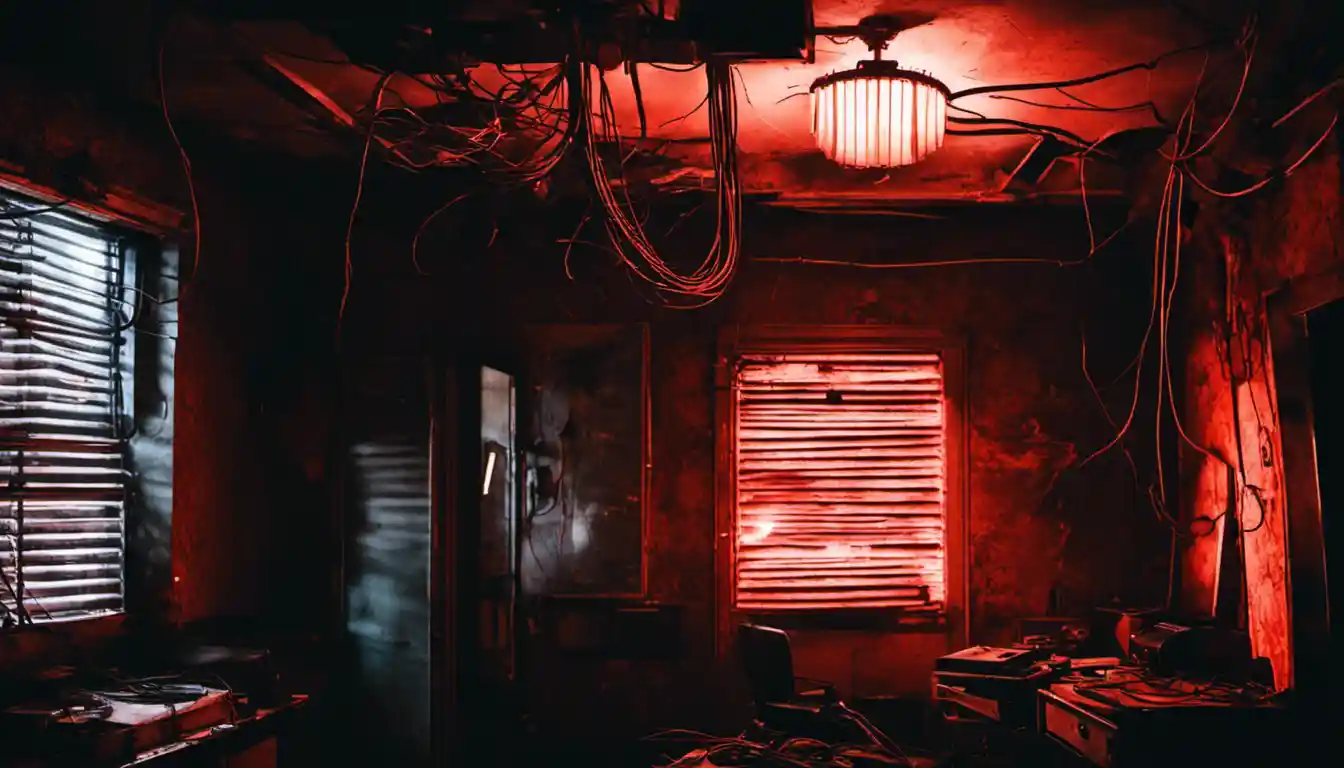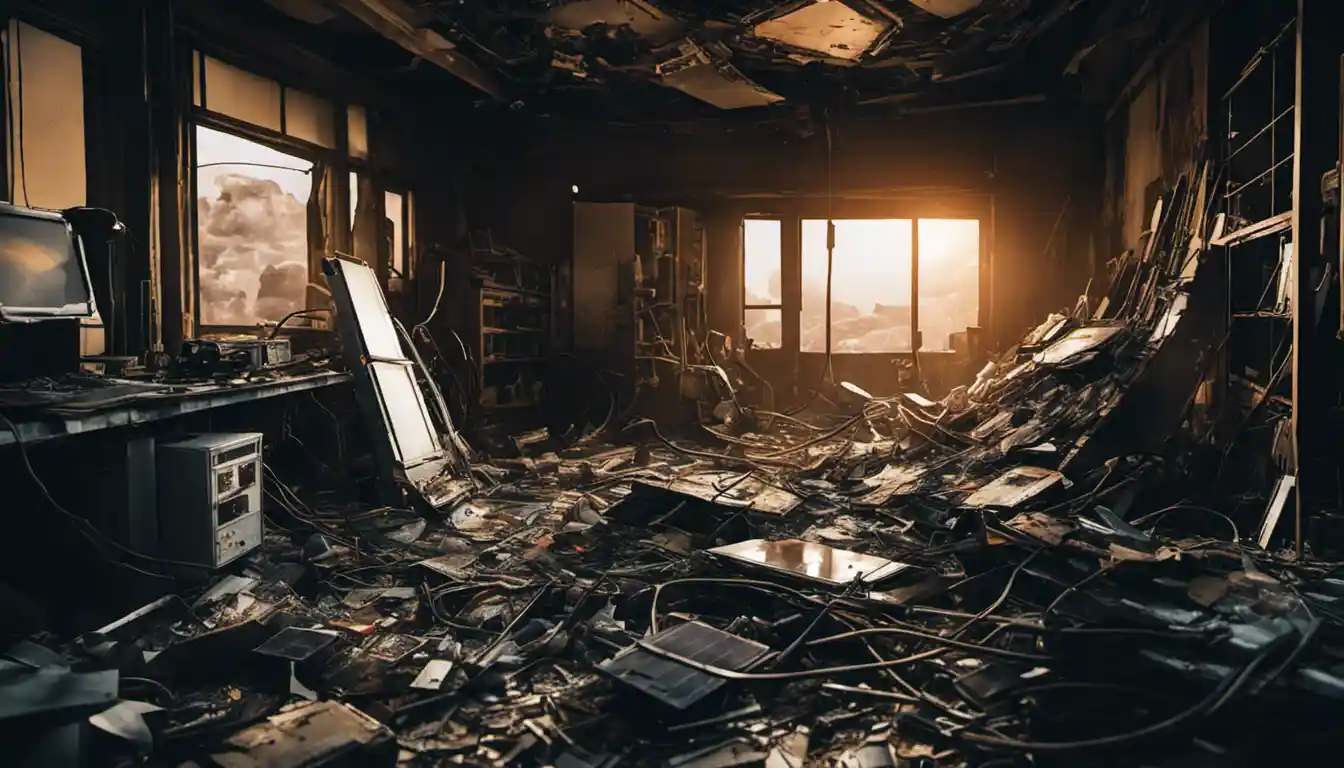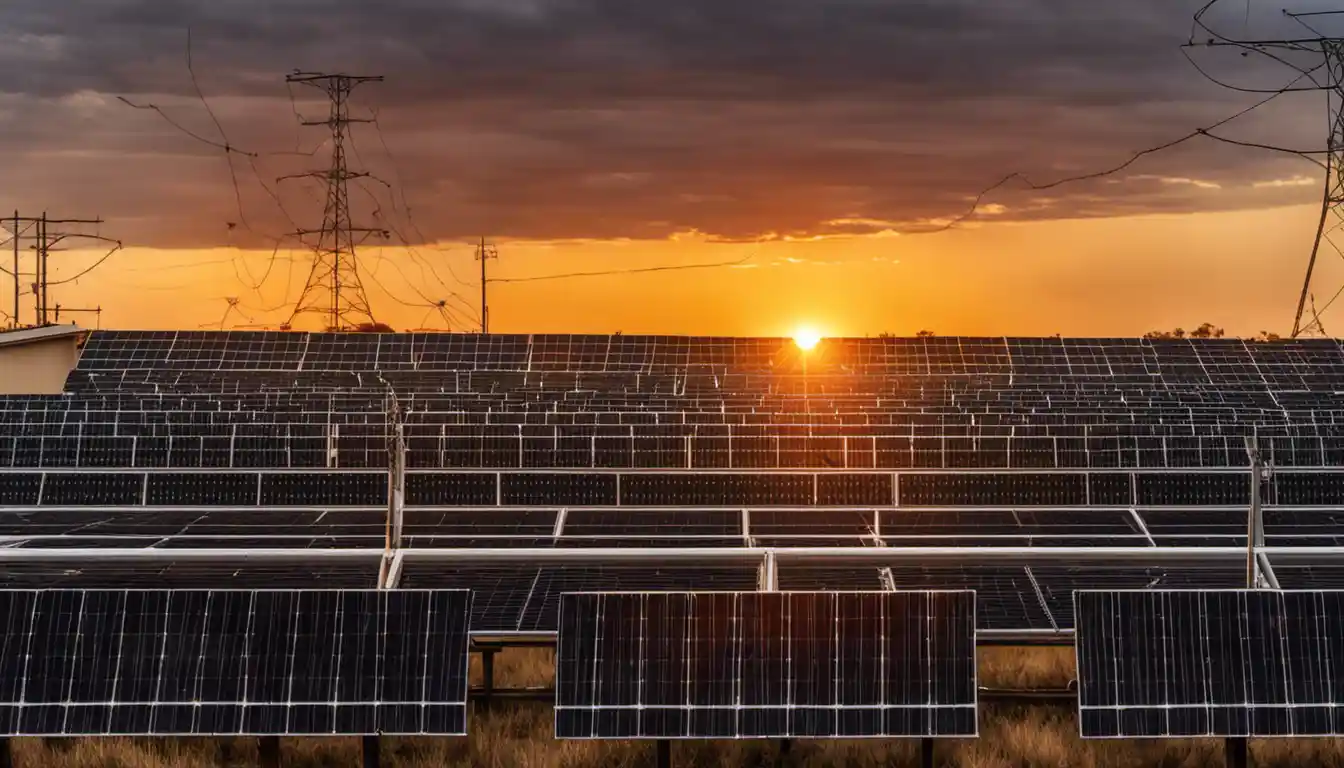The Concept of a Lighting Grid
If one solar panel fails, it does not stop the entire solar energy system from working. The system will continue to work at a reduced efficiency, depending upon the contribution of the failed panel. The failed panel should be replaced to regain full efficiency.
The Impact of One Failing Solar Panel on the Lighting Grid
What happens if one solar panel fails? It’s important to remember that your solar energy system functions like a team: if one player isn’t performing at their best, the whole team’s performance can be affected. However, the overall impact largely depends upon the configuration of your system—series or parallel—and the type of solar panels used. If one panel fails in a series, the power output will decrease drastically. Parallel systems, on the other hand, render some level of protection against such an occurrence: when one panel fails, others will continue delivering power.
Identifying the Cause of Solar Panel Failure
Possible Causes: Manufacturing Defects
In my two decades of experience in the solar industry, I’ve seen cases where solar panels failed due to manufacturing defects. These defects can include issues with the solar cells themselves or issues with the glass and framing. Manufacturers offer warranties to cover these cases.
Possible Causes: Damage from Severe Weather
Severe weather events like hailstorms or high winds could cause physical damage leading to solar panel failure. Over the years, I’ve seen panels get smashed by hail stones or falling tree branches during wind storms.
Possible Causes: Wear and Tear over Time
Everything wears out over time, and solar panels are no exception. Although they’re designed for longevity, exposure to the elements over many years can lead to a decline in performance.
Possible Causes: Low Voltage Issues

What is a low voltage issue?
Low voltage issues can arise from poor installation, wiring problems, or equipment malfunction. These issues can force the solar panel to operate at too low a voltage level for the inverter to process, causing it to shut down.
Why it can lead to solar panel failure
If the panel operates under low voltage, it is unable to supply the required electricity, leading it to function ineffectively or fail entirely.
Possible Causes: Zero Power Output
Possible reasons for zero power output
From my experience, zero power output is usually the result of defective connectors, faulty inverters, or shading over the solar panels.
How to Identify a Failing Solar Panel
Identifying a failing solar panel isn’t rocket science. Uneven color, cracks, or production dips are some of the signs which may show that your solar panel is underperforming. I advise regular monitoring to catch these signs early on.
The Process of Isolating the Faulty Panel
Isolating a faulty panel involves using diagnostic tools to identify and repair, or replace the malfunctioning panel, thereby limiting the negative effects on your entire grid.
What to do When a Solar Panel Fails

Repairing vs. Replacing the Faulty Panel: Which Option is Best
When faced with the question, “What happens if one solar panel fails? Do I repair or replace it?” the answer depends on the extent of the damage and warranty conditions. Minor issues could be repairable. However, in larger instances or when the panel is past its warranty, replacing could be the better option.
Preventing Future Solar Panel Failures
The Role of Regular Monitoring and Maintenance
To prevent solar panel failures, it’s important to regularly monitor your panels’ performance and maintain them well. Check out our guide on [/solar-panels-maintenance](solar panels maintenance) to ensure you’re getting the most from your solar system.
Recognizing Warning Signs of Impending Failure
If you see warning signs like a significant drop in power output, it might mean a failure is impending. Rushing in at an early stage can help prevent complete failure.
Economic Implications
What are the Costs of Replacing a Solar Panel?
The costs of replacing a solar panel can vary drastically. Factors include the size and type of the panel, labor costs, and whether the mounting system requires adjustments.
Commonly Asked Questions on Solar Panel Failures

In this section, I’ll answer some key questions I’ve come across during my career, which can help demystify what happens if one solar panel fails.
How Often Do Solar Panels Typically Fail?
Solar panels are generally robust and designed to last for at least 25 years. Therefore, failures are quite uncommon unless due to manufacturing defects or accidents.
Does a Single Faulty Panel Affect the Performance of an Entire Solar Panel System?
As already mentioned, yes, a single faulty panel can affect overall system performance, especially in a series setup.
Is it Possible to Repair a Faulty Solar Panel, or Does it Always Need to be Replaced?
Yes, minor issues might be repairable, but extensive damages will necessitate replacement.
How Much Does It Cost to Replace a Faulty Solar Panel?
As mentioned earlier, costs can vary significantly based on several factors, but it’s crucial to remember solar energy is an investment.
Are There Warning Signs or Preventive Measures to Take to Avoid Solar Panel Failures?
Absolutely, regular maintenance and monitoring can help avoid failures. For a detailed breakdown, revisit the ‘Preventing Future Solar Panel Failures’ section.
Conclusion
Remember, having a faulty solar panel is not the end of your solar energy journey. It’s merely a hiccup that, with the right set of actions, can be effortlessly managed. By understanding what happens if one solar panel fails, you can quickly spring into action and prevent any lasting impact on your solar journey.



